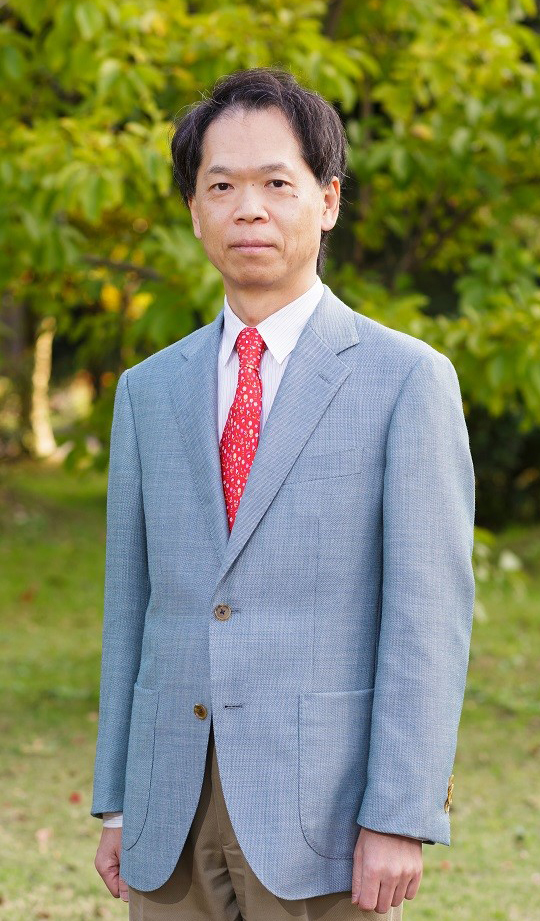Dean’s Welcome Message

Dean of the Graduate School of Humanities and Social Sciences
Dear everyone, I am Toru Yusa, the Dean of the Graduate School of Humanities and Social Sciences. Thank you for visiting our website. Here, I will offer a brief introduction to our Graduate School.
The Graduate School of Humanities and Social Sciences is a comprehensive humanities graduate school founded on the three academic fields of Letters, Law, and Economics, offering both master’s and doctoral courses. Over 100 faculty members draw on their unique characteristics to offer a diverse education covering a broad range of academic fields in the humanities and social sciences. Furthermore, the Graduate School has been working on restructuring its educational content into the form of degree programs over the past two years. A degree program is a student-centered course model that provides a structured path toward earning degrees. Our Graduate School offers seven degree programs. This enables students to lead a fulfilling student life as they envision a career path that meets the needs of society.
Speaking of the needs of society, did you know that the real-life world has growing hopes for graduate schools in the field of humanities and social sciences in recent years? Today, we are faced with many issues such as global warming, the spread of COVID-19, Russia’s invasion of Ukraine, the de-coupling from China, social division, and an aging population with a low birthrate. Most of these issues have so much impact that they threaten our very existence. Humanistic knowledge is currently drawing a lot of attention as a means to resolve such issues. This level of attention can already be seen in the political policies of our government. Two years ago, the 6th Science, Technology and Innovation Basic Plan placed humanities and social sciences in an equal position to natural sciences and life sciences as innovative fields capable of resolving the issues faced by Japan and the world. In the Graduate School, we have launched initiatives to integrate AI and mathematical data science skills into humanistic knowledge in order to respond to such rising expectations (for example, the Doctoral Program for World-leading Innovative & Smart Education and the X Program). Furthermore, the aforementioned circumstances have given rise to a new concept called convergence knowledge, which merges academic knowledge in the humanities and sciences. The Graduate School has been conducting diverse research in line with this idea in collaboration with the Research Institute for the Dynamics of Civilizations, established in 2021. Furthermore, this academic year, we will participate in a project to build a platform to gather comprehensive knowledge needed to live on the moon and Mars. However, this does not mean that the Graduate School is focusing only on space and global issues. As we have done in the past, we will continue to put efforts into developing human resources who work in local communities. This policy is in tandem with Okayama University’s recognition of itself, in recent years, as a unique and core research institute in the region. We believe that resolving issues faced by humanity and the world is made possible by first resolving local issues (our participation in the Digital Garden Health Special Zone plan is an example of this). The Graduate School, with 36 international partner universities, is fully capable of turning this belief into reality.
So that was a brief introduction to the unique characteristics of the education and research that we undertake at the Graduate School, with several concrete examples. What do you think? Now that the pandemic has ended, new paths of academic progress have opened up to students. I look forward to being able to study and acquire deep knowledge through research together with you at one of Japan’s most expansive campuses.









